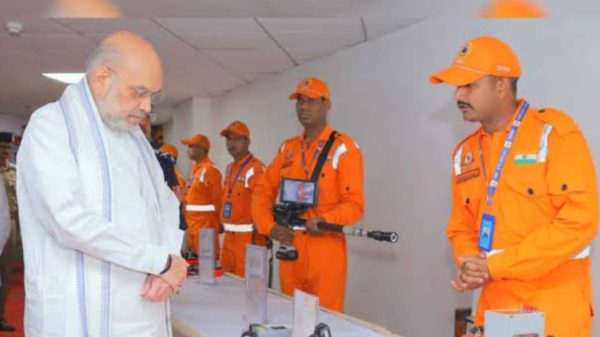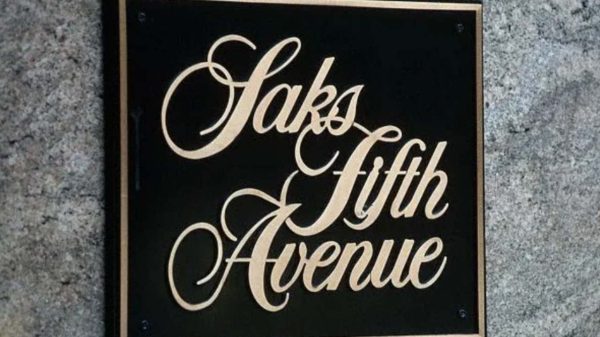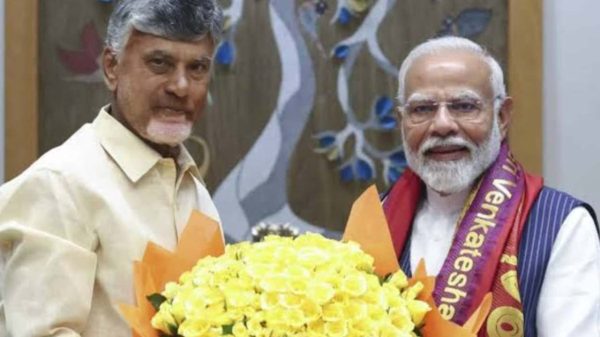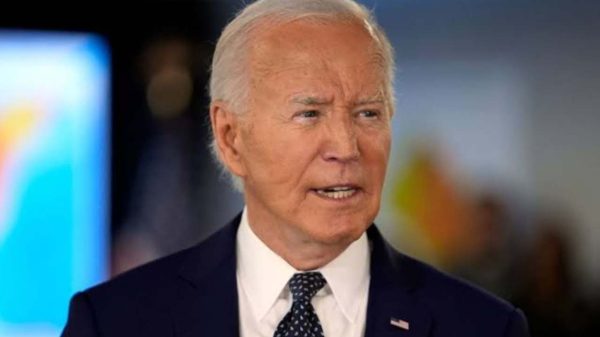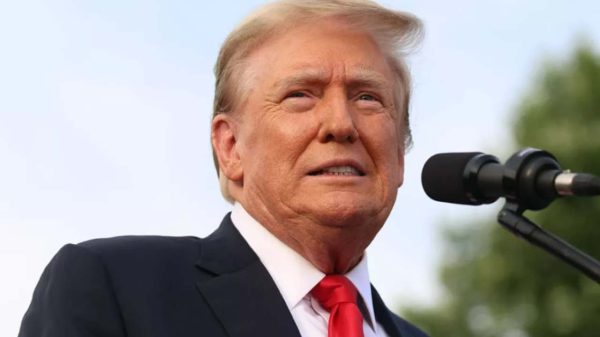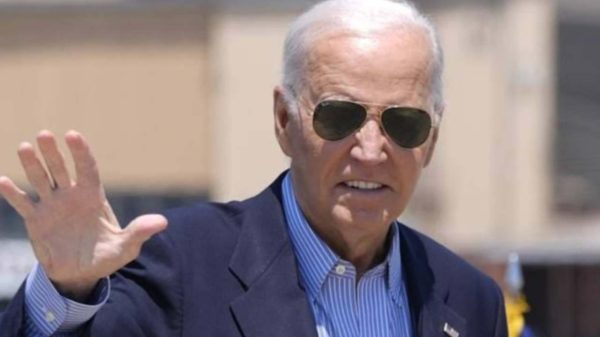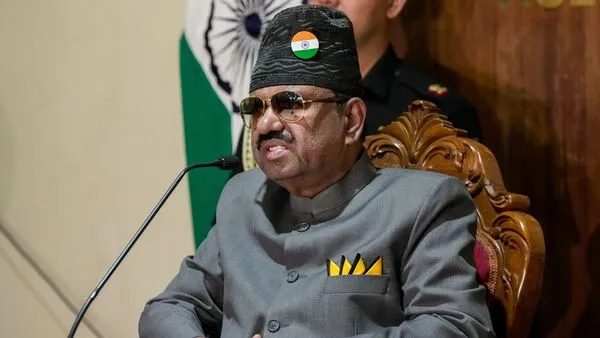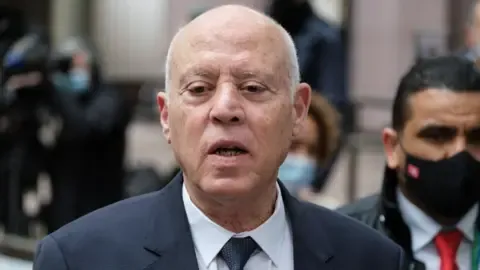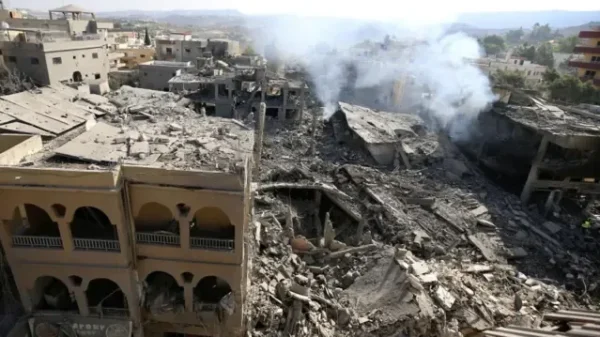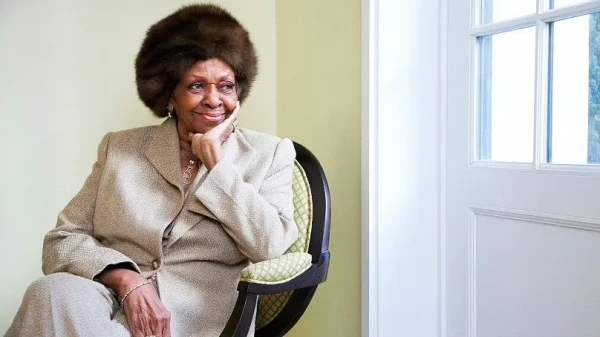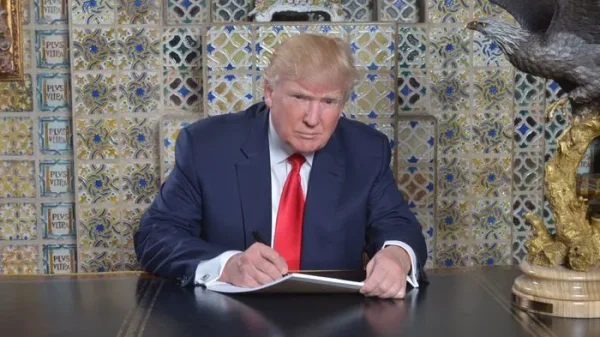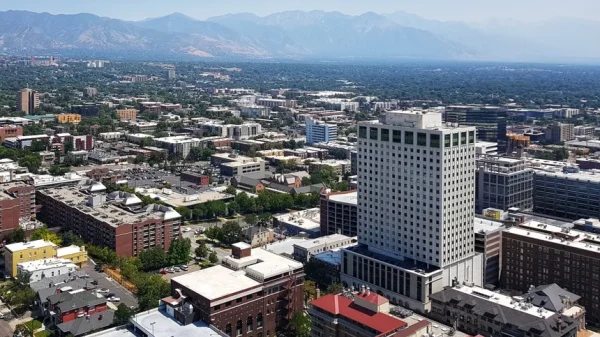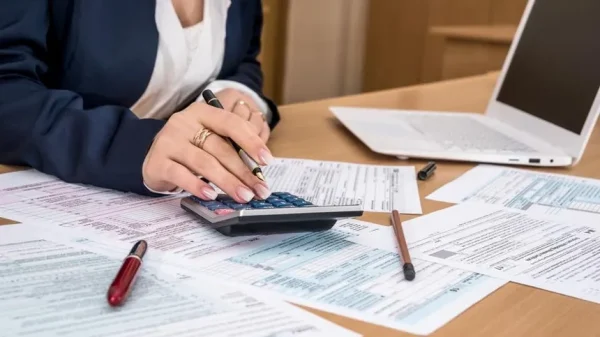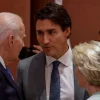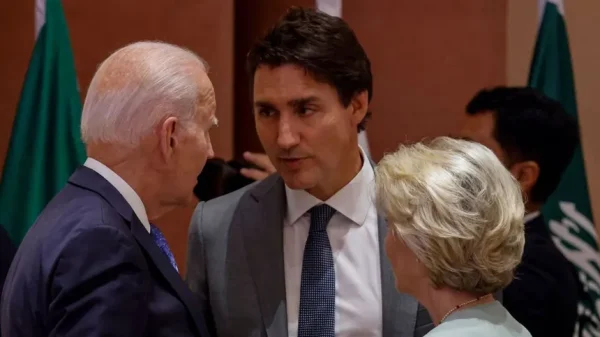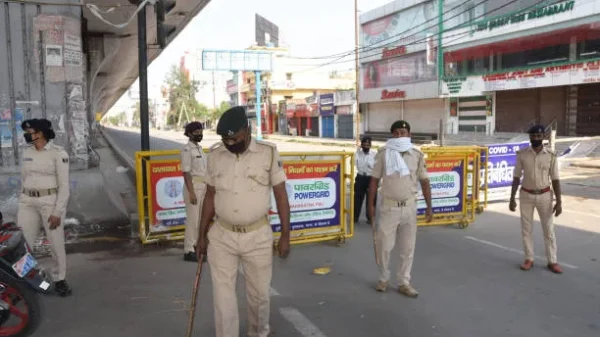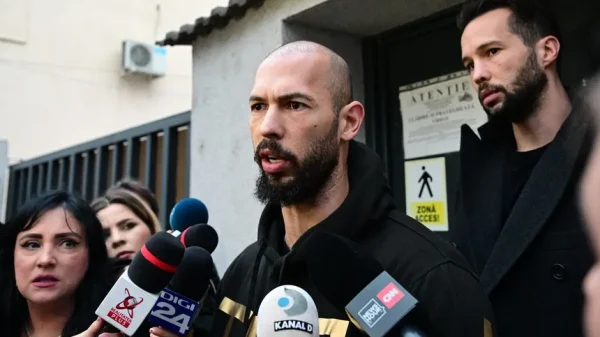Tunisia’s presidential election was marked by an unprecedented level of voter apathy, with only 27.7% of eligible voters casting ballots. This stark contrast to the country’s past two presidential elections, where voter turnout was significantly higher, has raised concerns about the health of Tunisia’s democracy. Despite the low turnout, President Kais Saied is expected to easily win the election, with his opponents languishing in prison.
The election was dominated by a low-key campaign, with only three candidates approved to run, including Mr. Saied, businessman Ayachi Zammel, and former parliamentarian Zouhair Maghzaoui. The majority of the opposition opted to boycott the election, citing an “authoritarian drift” in the country. However, some voters still felt a sense of duty to participate, with one voter, Khaled Lamsi, stating that voting was a “national obligation”.
The low turnout was a surprise, with many having expected a higher turnout given the significance of the election. However, the 27.7% turnout was still significantly lower than the 49% who participated in the first round of the last presidential race in 2019. The election was also marked by controversy, with many seeing the approval process for candidates as biased towards the president. Dozens of candidates had initially expressed interest in running, but only three were approved, with many accusing the election commission of being stacked with pro-Saied members.
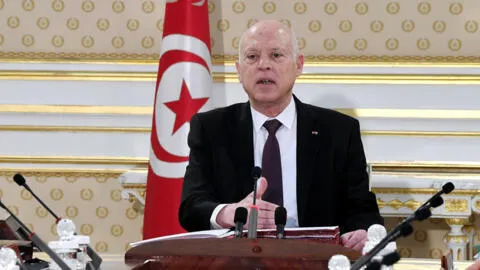
President Kais Saied (Image via Getty)
Despite the controversy, Mr. Saied’s supporters remain loyal, and many see him as the only candidate capable of completing his “New Tunisia” programme. His supporters were jubilant, waving his portrait and honking horns in celebration, as public television released figures showing him steamrolling his opponents with a near-unanimous 89% of the votes. His brother, Naoufel Saied, said that the result reflected the “high degree of confidence Tunisians have in Kais Saied”, and guaranteed the country’s stability.
The outcome of the election has raised concerns about the legitimacy of the result, and the health of Tunisia’s democratic institutions. The low turnout and controversy surrounding the election have highlighted the country’s challenges in maintaining its democratic transition. Despite the challenges, Tunisians continue to express a desire for a more open and transparent political system, and the country’s future remains uncertain.






